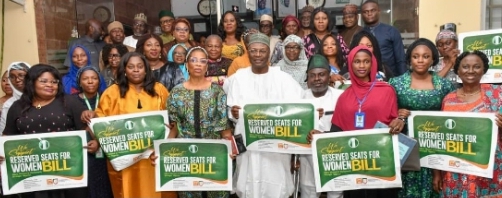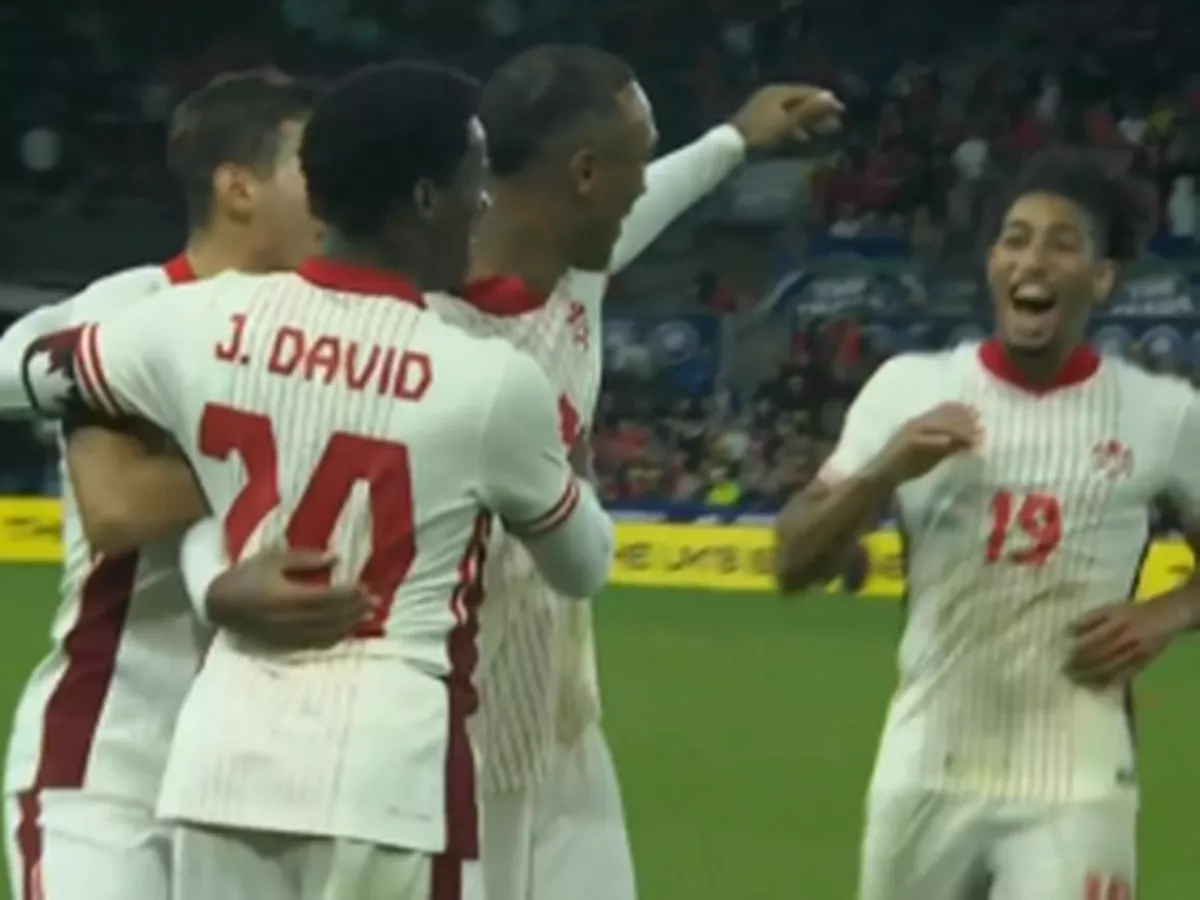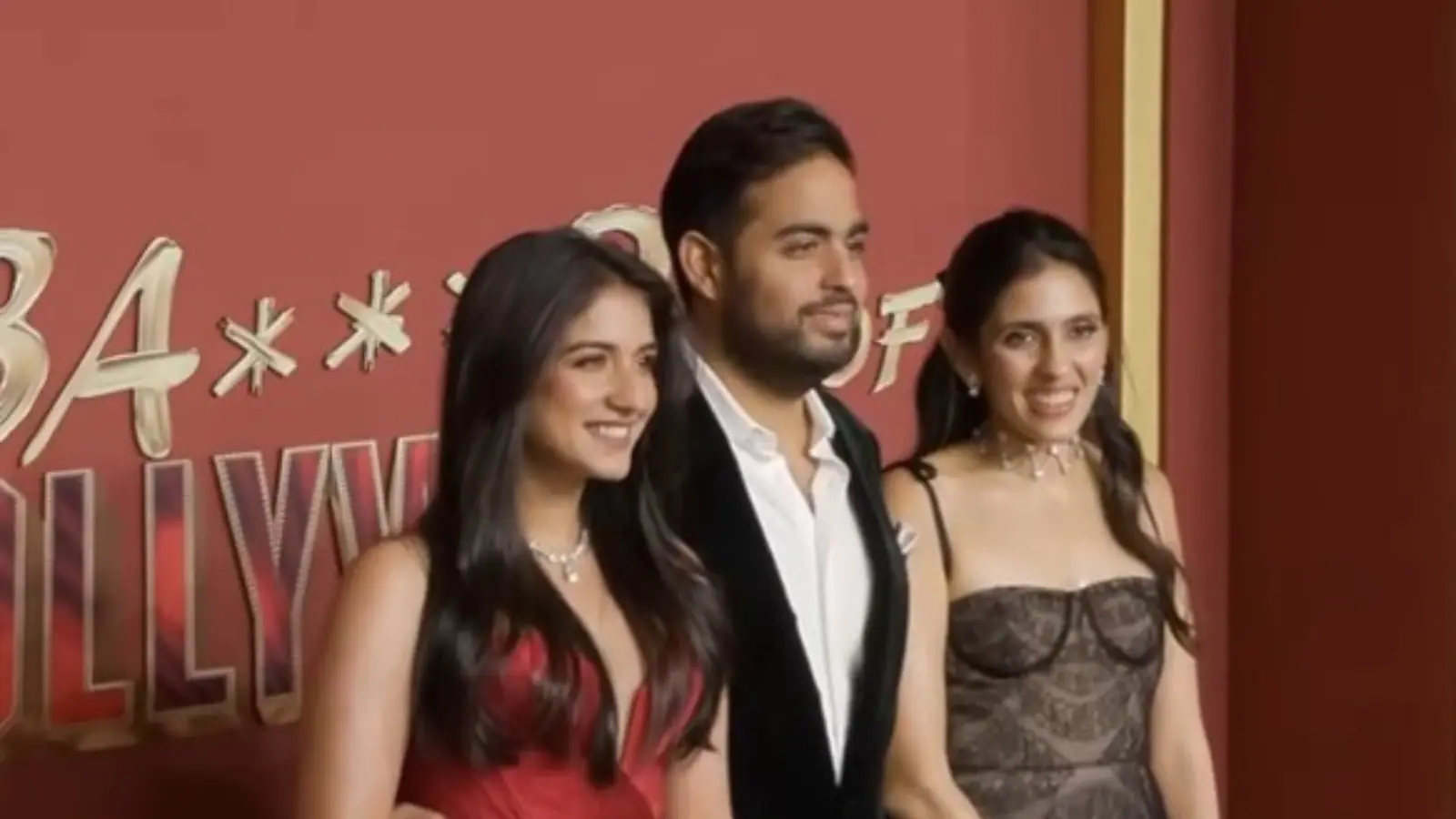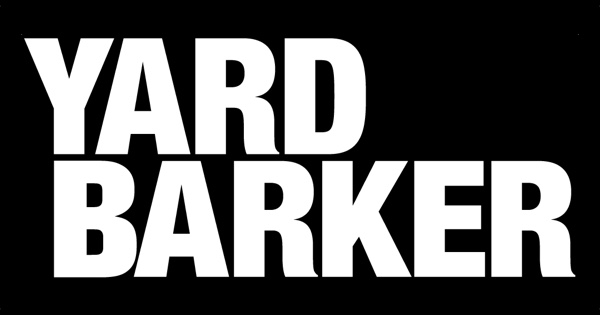By Finbarr Bermingham
Copyright scmp
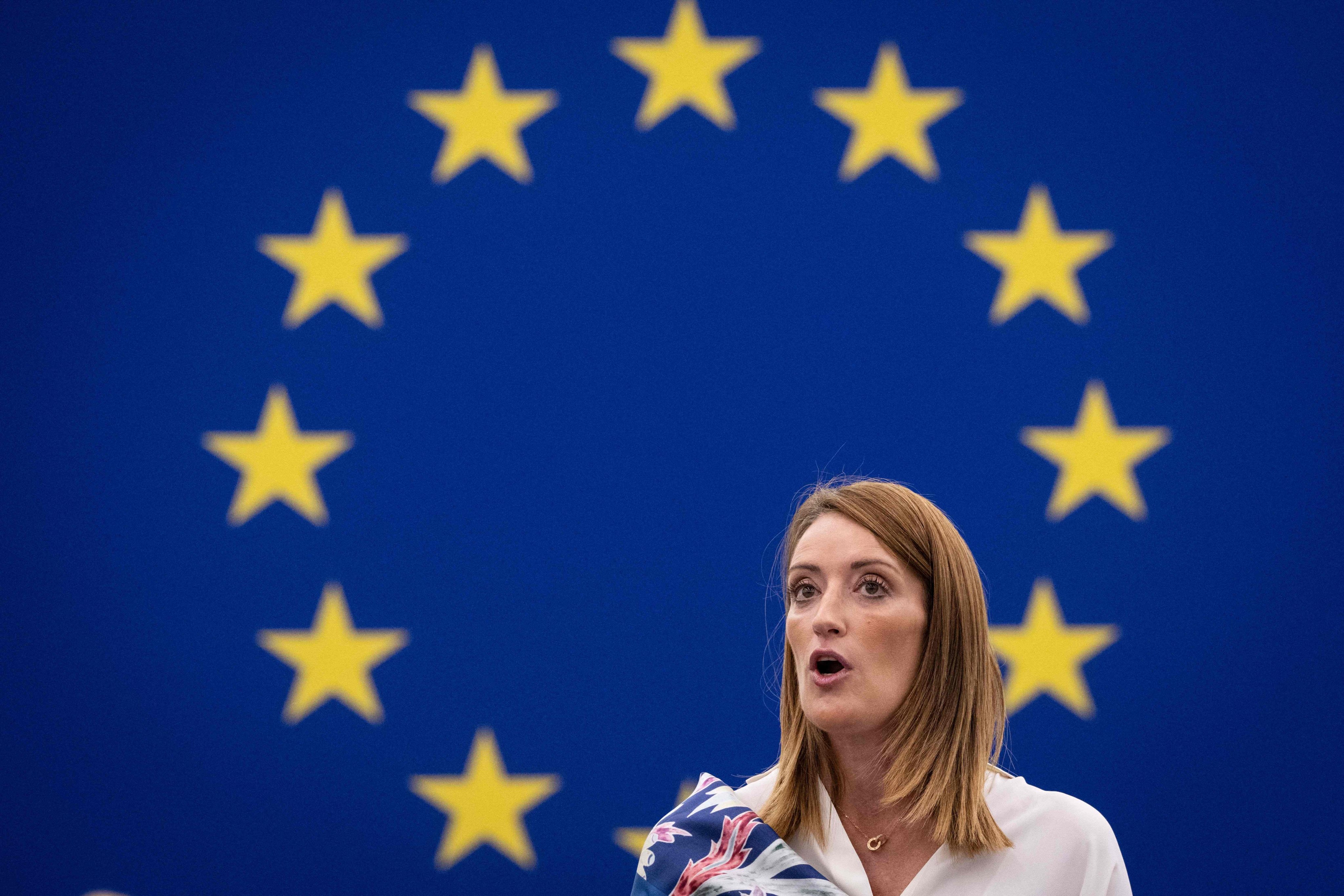
The first official meeting between the European Parliament and China’s National People’s Congress for seven years is slated for October 16, confirming a continued thaw in relations between the two chambers.
The meeting has been in the works for months since the sides moved to lift restrictions on each other, but it was confirmed by the European Conference of Presidents last week, with invitations to be sent from Brussels imminently.
Sources familiar with the arrangement said the leadership group approved the first joint session since 2018, proposed for the morning of October 16, with a Chinese delegation set to travel to Brussels.
The agenda is also pending confirmation, with German lawmaker Engin Eroglu set to lead talks on the European side. It is expected that this meeting will set in motion a biannual exchange, with MEPs set to travel to Beijing in May 2026 for a return leg.
The meeting will cap a remarkable turnaround in relations between the two chambers, which until last year were at loggerheads in line with a general deterioration in ties between the EU and China.
Sanctions were exchanged in March 2021, with the European Parliament slapping visa restrictions and asset freezes on a series of Chinese officials for alleged human rights abuses in Xinjiang.
Beijing responded by sanctioning several sitting lawmakers, a parliamentary committee, dozens of EU diplomats and prominent think tankers.
Over the subsequent four years, the parliament was often the most hawkish of all the EU organs, leading criticism of Beijing's policies on trade, its relations with Russia and its human rights record.
But a detente – which began in the autumn of 2024 and was spearheaded by European Parliament President Roberta Metsola – has helped to stabilise things.
Beijing lifted sanctions on sitting lawmakers in April, inviting Metsola and members from “all committees and political groups” to visit China, according to a letter sent by the Chinese mission to the EU, seen by the Post.
“Since the European Parliament stands ready to lift existing restrictions on engaging with China, no restrictions from the Chinese side would remain in place against any members of the European Parliament or their families,” it read.
This followed a move by Metsola to lift restrictions on lawmakers meeting Chinese officials, detailed by another letter – also obtained by the Post – to China’s ambassador to the EU Cai Run.
“I believe this is an opportune moment to reset relations between the European Parliament and the National People’s Congress,” Metsola wrote in the letter, dated March 12.
“Our discussion marked a significant step towards re-establishing constructive parliamentary relations and revitalising our legislative dialogue,” she said, referring to a meeting held with Cai in the parliament on March 3 – the first of two face-to-face encounters between the pair.
In July, following a request from EU lawmakers, Beijing dropped sanctions on Reinhard Buetikofer, previously the top member on China issues, in a bid to normalise ties.
While an NPC delegation led by Fu Ziying, vice-chairman of its foreign affairs committee, visited Brussels in late June, there was no official interparliamentary dialogue at that point.
Earlier this year, the parliamentary thaw seemed as though it could be part of a broader improvement in the EU-China relationship, following the return of US President Donald Trump to the White House.
But that expectation was short-lived, with the sides continuing to clash over Beijing’s close ties to Russia, and exacerbated by its move to impose licensing requirements on the export of rare earth minerals in April.
Meanwhile, a succession of parliamentary delegations has travelled to Taiwan in recent months.
This included an official party of MEPs from a special committee “on the European Democracy Shield” in July, of which Eroglu – head of the parliament’s China delegation – was part.
That same month, Taipei hosted a delegation of lawmakers from the far-right Patriots for Europe group.
Beijing views Taiwan as part of its territory, to be returned to mainland control by force if necessary. Most countries, including the EU member states and the US, do not recognise the island as an independent state. However, Washington is committed to its defence and is Taipei’s main arms supplier.
